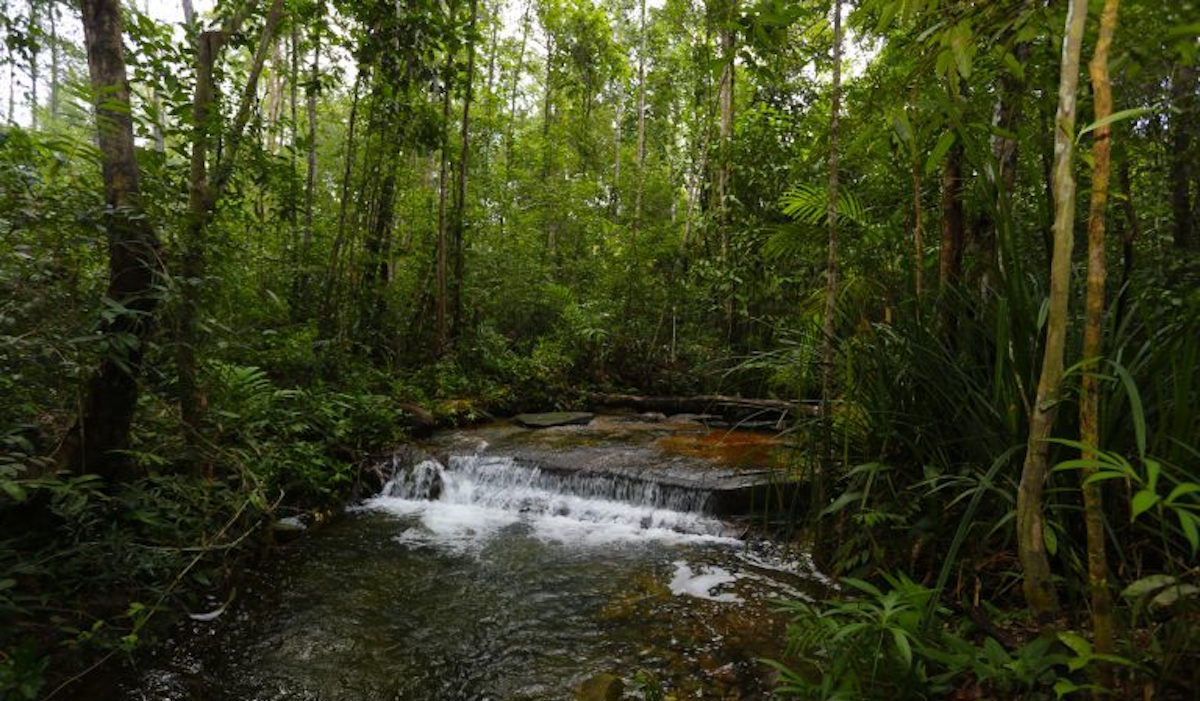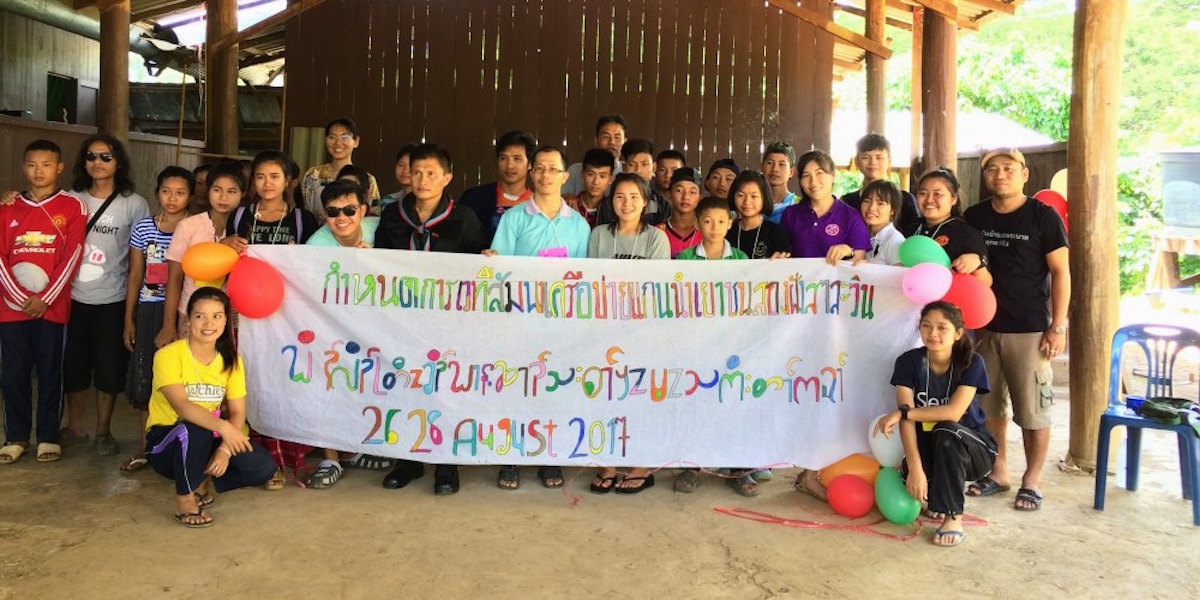A new study has found that the loss of dense forest cover in Cambodia is associated with an increased risk of diarrhea, acute respiratory infection and fever in children younger than five years.
Just a 10 percentage increase in the loss of dense forest around Cambodian households was associated with a 14 percent increase in the rate of diarrhea among children, the researchers found.
In contrast, a higher coverage of protected areas around the households was linked to a lower incidence of diarrhea and acute respiratory infection in children.
Rapid deforestation in Cambodia is threatening the health of young children, concludes a new study published in the Lancet Planetary Health.
Researchers have found that the loss of dense forest cover in Cambodia is associated with an increased risk of diarrhea, acute respiratory infection and fever in children younger than five years.
“This is alarming as deforestation has become a contributor to key child mortality factors in Cambodia,” said co-author Roman Carrasco of the National University of Singapore (NUS).
This study adds to the growing body of research which shows that clearing large swathes of forests can have serious consequences for human health.
When Carrasco’s team analyzed health data from more than 35,000 households collected by the Cambodia Demographic and Health Surveys between 2005 and 2014, they found that loss of dense forest increased rates of diarrhoea, acute respiratory illness, and fever in children. For example, just a 10 percentage point increase in the loss of dense forest near the households was associated with a 14 percent increase in the rate of diarrhea among children. In contrast, a higher coverage of protected areas around the households was linked to a lower incidence of diarrhea and acute respiratory infection in children.
“It was surprising how clear the signal was — all the conditions we were studying that we hypothesized could have a relationship with deforestation (diarrhea, acute respiratory infection, fever) clearly increased after losing dense forests,” Carrasco said.
Loss of forests can disrupt water cycle leading to water-borne diseases, and also create conditions conducive for mosquitoes to breed in. Photo of Cambodian rainforest by Rhett A. Butler.
The study did not explore how deforestation could be causing higher incidence of diarrhea and other diseases. But previous research has suggested that the loss of forest cover can disrupt the water cycle, changing both the water quality (by increasing the load of diarrhea-causing microbes in water) and water quantity (by reducing the amount of water available for personal hygiene). This can in turn cause diarrhea in downstream communities.
The same could be true for Cambodia, the researchers say, especially since a large part of Cambodia’s rural households source their drinking water from unprotected wells, springs, and surface water, and many still don’t use appropriate water-treatment methods before drinking.
Deforestation can also create conditions conducive for mosquitoes to breed in (such as a warmer environment), heightening the risk for mosquito-borne diseases and fever, the authors write.
But whether conserving forests can reverse the ill effects of deforestation on health, the researchers aren’t sure.
“Conservation may play a role in mitigating these threats, but we are still unsure through what mechanisms, or if it a cost-effective way of improving public health compared to traditional measures,” said lead-author Thomas Pienkowski of NUS.
“The most important message is that we found a link between tropical deforestation and causes of child mortality, especially diarrhea,” Pienkowski added. “This is very alarming and brings a whole new dimension to what tropical deforestation means to local communities.”
Citation:
Thomas Pienkowski et al. Empirical evidence of the public health benefits of tropical forest conservation in Cambodia: a generalised linear mixed-effects model analysis, The Lancet Planetary Health (2017). DOI: 10.1016/S2542-5196(17)30081-5.
Banner image of rainforest in Cambodia by Rhett A. Butler.





